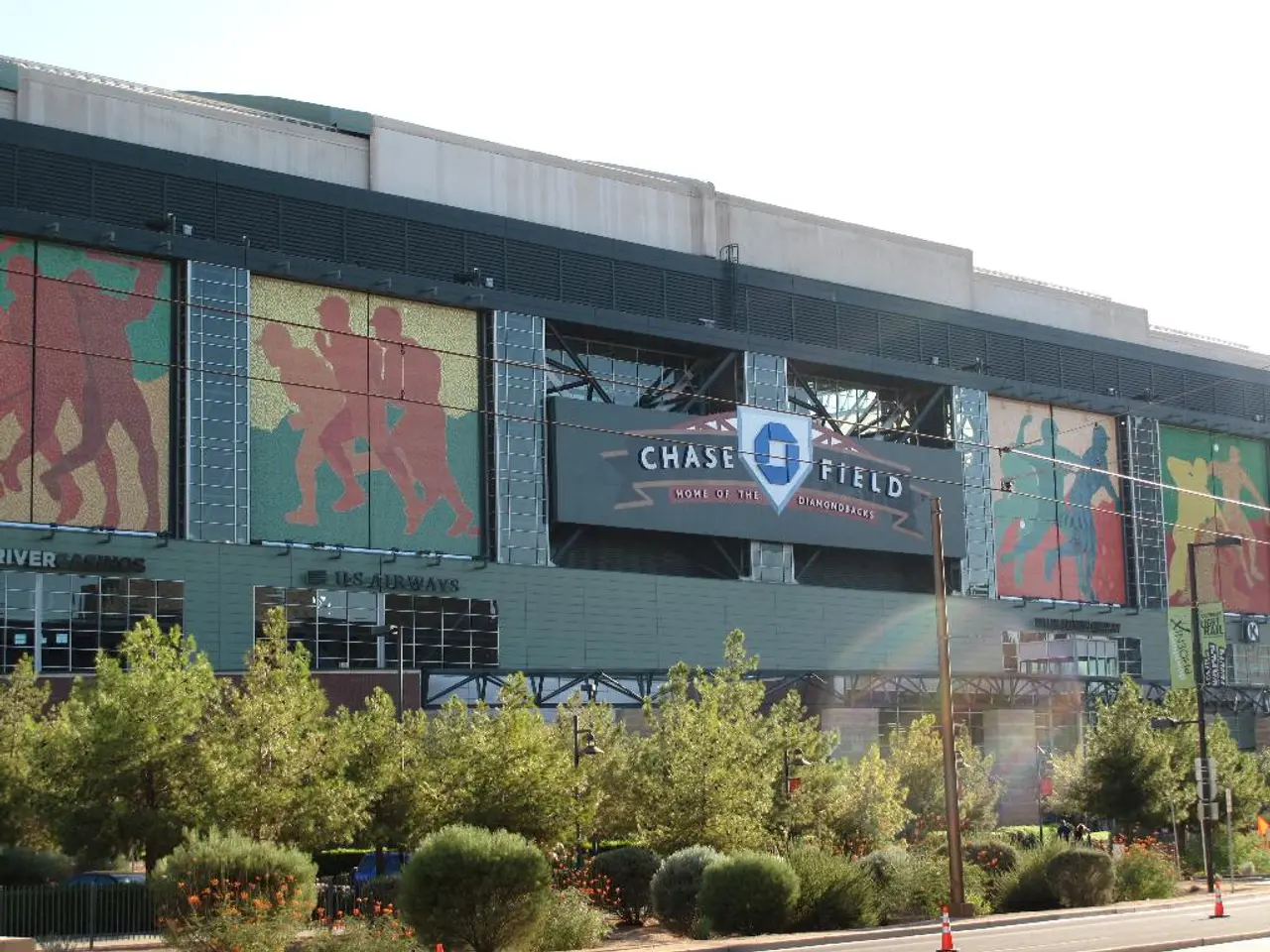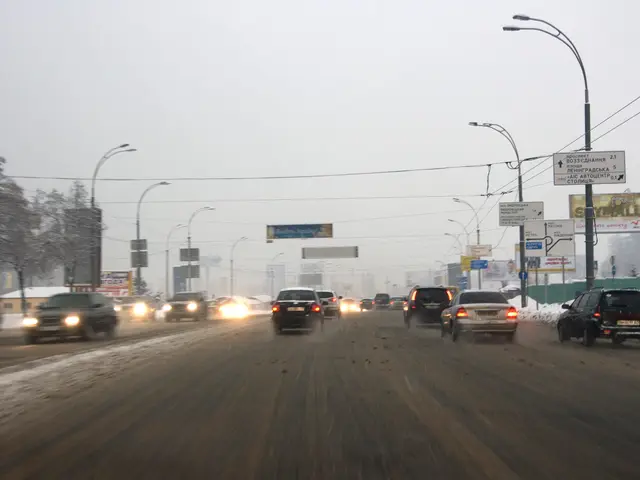Boston's Food Forest Coalition Transforms Vacant Lots into Green Oases
The Boston Food Forest Coalition (BFFC) has been transforming Boston's vacant lots into thriving food forests, providing fresh produce and green spaces to underserved communities. Since 2015, BFFC has established 13 food forests across various neighborhoods, with plans to open more in the coming years.
BFFC was founded to ensure permanently accessible community use of land and to address the disparities in parklands and tree coverage in historically Black communities. These communities face a 20% parkland and 40% tree coverage disparity, leading to higher heat stress during heat waves. Food forests not only provide fresh recipes but also serve as gathering hubs, with over 525 fruit trees and shrubs collectively governed by neighborhood residents.
Food forests differ from traditional community gardens, focusing on perennial and indigenous fruit-bearing plants and mimicking woodland ecosystems. They provide shade, absorb carbon dioxide, enhance biodiversity, offset pollution, and mitigate the urban heat island effect, with a study showing a 2.2°C (4°F) cooling effect on average. BFFC aims to open 30 food forests by 2030, aligning with Boston's 2030 Climate Action Plan. Despite challenges, BFFC has opened two food forests in 2023 and plans to open more in 2026, driven by growing community demand and interest. The idea for urban food forest installations in Boston was initiated by Martin Lewis, an environmental activist and permaculture advocate.
BFFC's work is crucial in enhancing low- and middle-income neighborhoods lacking green spaces. Despite the termination of a $250,000 grant from the Environmental Protection Agency, BFFC continues to expand its food forests, providing fresh food, shade, and community gathering spaces. With community support and demand, BFFC is on track to meet its goal of opening 30 food forests by 2030.








